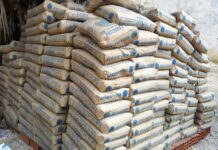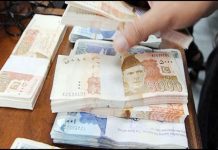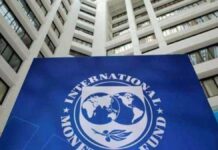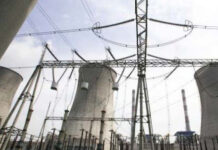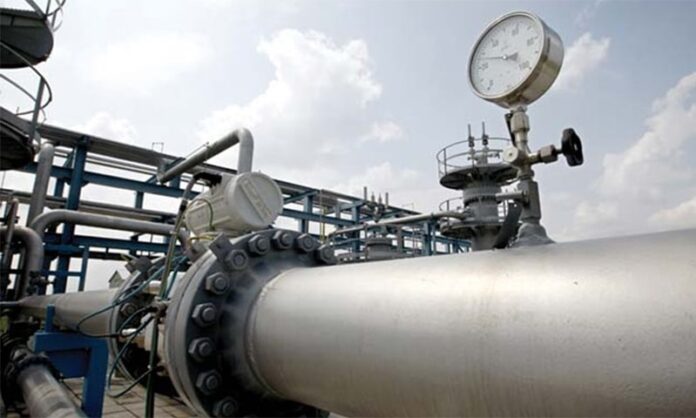The latest increase in gas prices has created a rift between industrialists of Punjab and Sindh, as the former has to pay almost three times more than their counterparts in Sindh. The All Pakistan Textile Mills Association-North has urged the government to adopt a uniform price of $7 per million British thermal unit (mmBtu), demanding that different gas rates for the export-oriented industrial units of Punjab and Sindh be abolished. The production of natural gas in Pakistan is mostly concentrated in Sindh, and this gives the province the right to use it first. However, the policy of charging different rates has been criticized as it causes one group of industrialists to be pitted against another, and is bad for investment.
Industrialists in Punjab have been demanding an electricity tariff of 9 cents and a gas tariff of $9/MMBtu to remain competitive in the international market. The closure of Punjab’s textile industry could result in massive unemployment in the country, leading to further deterioration of the balance of payment crisis. The All Pakistan Textile Mills Association has argued that the country could lose $10 billion annually if the government withdraws the regionally competitive energy tariff (RCET). The sector has invested $5 billion over the last three years, and the textile sector surged to $19.5 billion in the financial year 2022 from $12.5 billion in FY2020. If the RCET is withdrawn, the robust growth of 55% in exports in FY22 and investment of $5 billion would go to waste, and the closure of the textile industry in Punjab would be inevitable.
To make matters worse, the export sector in Sindh enjoys a cost advantage of at least $575m per year due to the price difference of $5 per mmBtu with export-oriented units based in Punjab. The cost disadvantage puts Punjab-based industrialists at a disadvantage, leading to unequal competition. The government’s decision to increase gas prices was expected to stop the fresh build-up of the circular debt within the gas sector, but it appears that the objective is not yet achieved. Although the weighted average cost of gas will go up 43% to Rs885 from Rs620 per mmBtu, a substantial part of the domestic consumer base will remain shielded from the hike. The government has introduced the definition of “protected” consumers, which doesn’t take climate differences across major cities into account, potentially leaving affluent households in Karachi that consume less than 90 cubic meters in the four winter months shielded from the hike, while households in Quetta or Islamabad might not.


